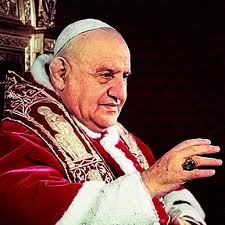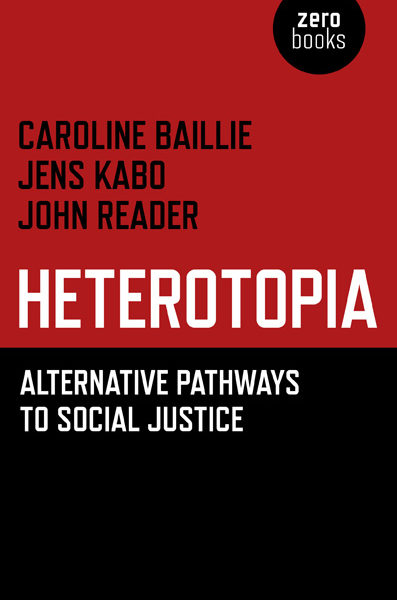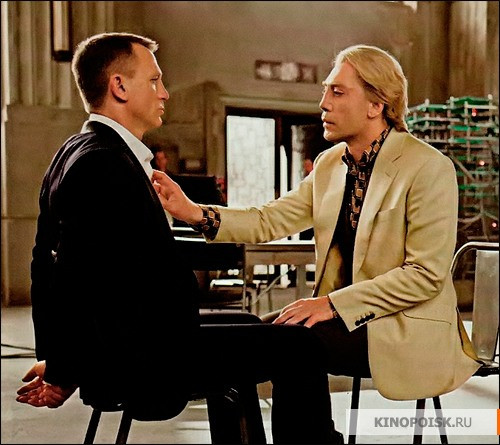
Herod was scared of a newborn baby. This basic fact of the Epiphany story bears the key to understanding its political implications. Herod’s fear reveals something of the anxiety that accompanies absolute power. In the political context of the Roman Empire, which supported Herod’s control of Judea, the continuance of power depended on the political elites capacity to convince people.
. . . The concept undeniably has a certain appeal, and few slogans are better calculated to capture the imaginations of the young and disaffected than “Towards eucharistic anarchism” (Bill Cavanaugh’s phrase in Radical Orthodoxy) and other such brazen assertions of liturgical politics. But in all the talk of eucharistic politics, a surfeit of aesthetic appeal seems to have usually compensated for a shortfall of logical clarity.

Carl Raschke argues that, given the ongoing debt crisis, political theology must more adequately grapple with economics, and in particular Keynesianism. The tradition of Catholic social teaching, particularly in the period of Popes John XXIII and Paul VI, already provides an example of a political theological response to Keynesianism, and, in both what it gets right and what it gets wrong, can serve as a resource to political theologians today.



